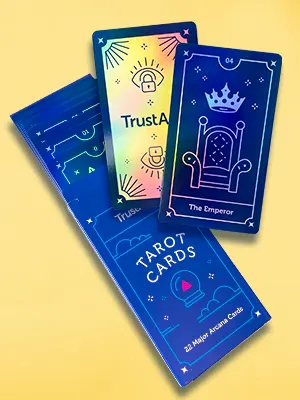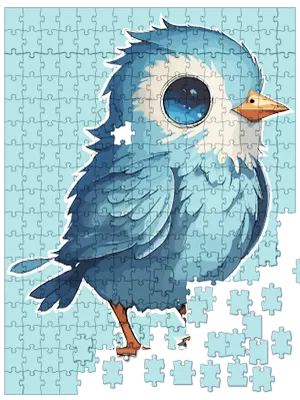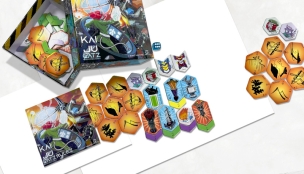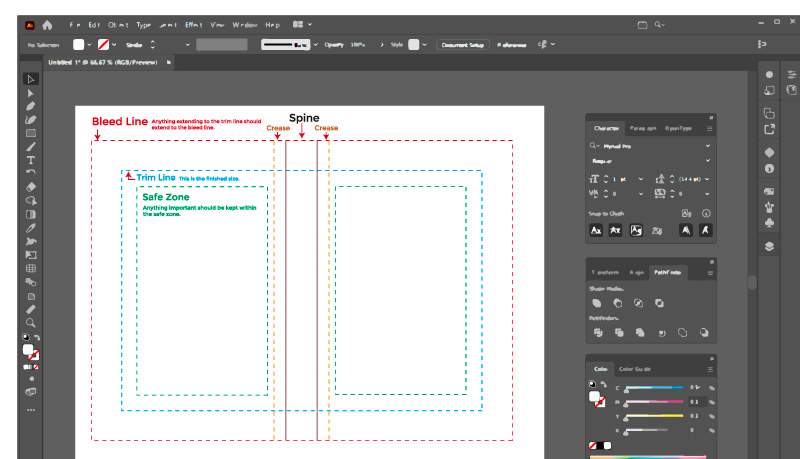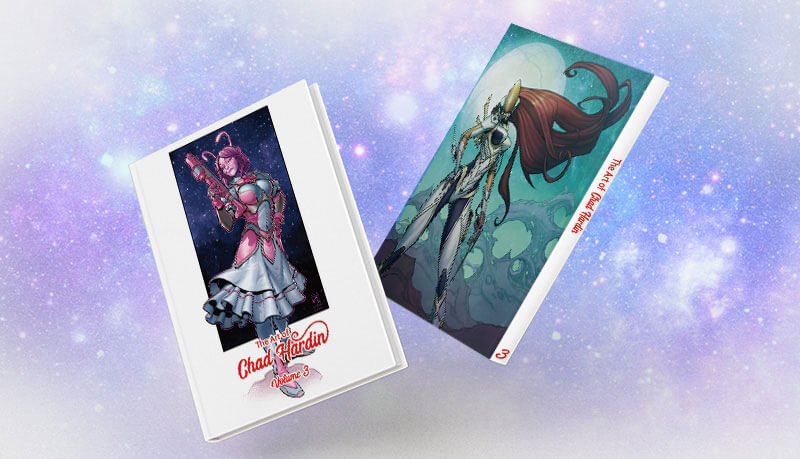Looking to crowdfund your board game? We help you navigate the Kickstarter vs Gamefound debate to choose the best platform for your needs
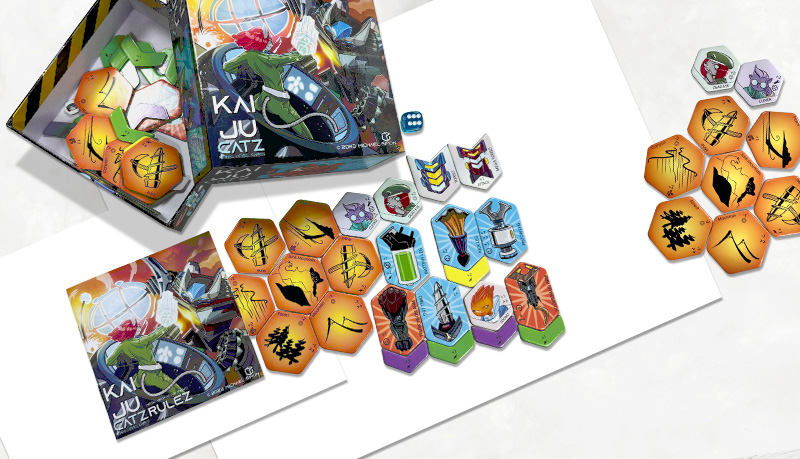
There are a lot of opportunities out there if you want to crowdfund the board game you're developing. But, as far as reaching the ideal audience for a board game design rather than a book or a charity project, you'll most likely choose between either the well-established Kickstarter or the new Gamefound. While exploring Gamefound is an interesting option, most independent creatives choose Kickstarter as the best, recognized crowdfunding site for their projects. They use it to raise capital, promote awareness, and build a community around their games.
We'll compare Kickstarter and Gamefound in this post in several areas, such as functions and cost, among other topics, to assist you in choosing which platform is better for crowdsourcing your game.
Kickstarter backstory
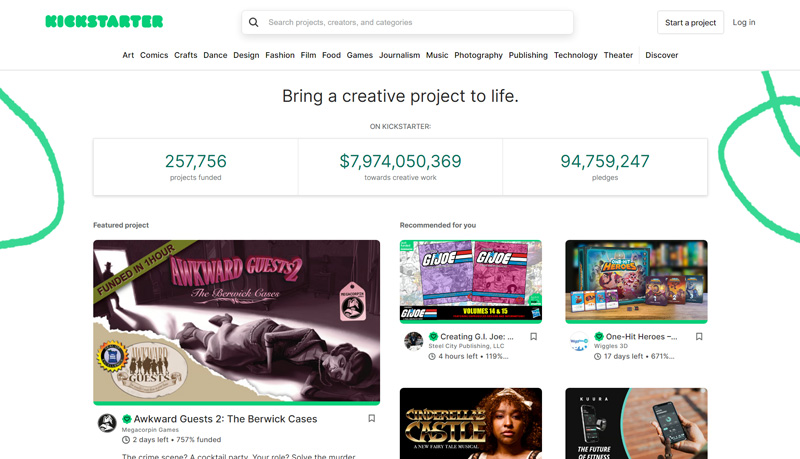
On April 28, 2009, Perry Chen, Yancey Strickler, and Charles Adler established Kickstarter as a platform for crowdsourcing, with the goal of assisting aspiring creators in realizing their ideas. “Backers” were supporters who might donate funds for a reward, such as a downloadable printed, or other physical copy of the project the creator was working on. Original projects ranged from books and comics to artwork, gadgets, crafts, and games.
“Board games” is the most substantial subset of the games category on Kickstarter—something the founders didn't foresee happening at the outset. While the big board game manufacturers such as Asmodee, Hasbro, Ravensburger, and Mattel have acted as the industry gatekeepers, this popular platform has allowed designers to circumvent them and build their own profitable creative businesses free of the mainstream publishers. Huge numbers of gaming fans live on Kickstarter, eager to find the next great gaming experience and support their favorite creators.
Gamefound backstory
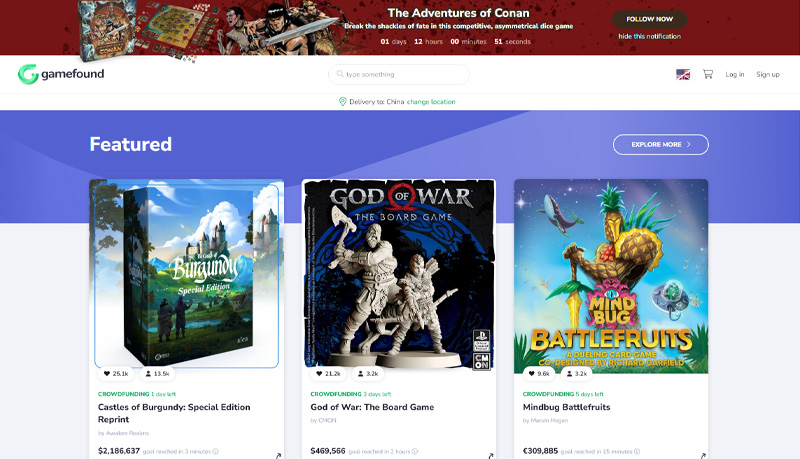
Gamefound had an interesting genesis. It was set up in 2016 by Awaken Realms, a mainstream tabletop game publisher that had been taking advantage of Kickstarter to fund projects and build an audience. Having achieved considerable success on the original platform, Marcin Świerkot and Szymon Matyjaszek decided to try their hand at managing a new platform of their own in direct competition with Kickstarter. While initially they only promoted their own games on Gamefound, they've since expanded and allowed anyone to use the platform to source funding and support for their independent board game designs. Recently, they formed a partnership with Ravensburger, so for how long the platform will survive before being sucked back up into the big mainstream tabletop game publishing industry is an interesting question.
Still, for the time being, both remain options for the independent board game designer. So, now let's compare their offers and see how they stack up. We should make a clear disclaimer at this point, however. While we will be neutral and fair in this comparison, most of our board game design clients use Kickstarter as their platform of choice and we offer special discounts and coupons to designers who print with us and include that fact in their Kickstarter campaigns.
How much does it cost?
Neither Kickstarter nor Gamefound charge fixed fees for use of their services. They both take a 5% cut off the final sum of donations or pledges that your campaign receives plus a 3% +$0.2 payment processing fee. They both process payments through Stripe. So, all in all, the costs of using each platform are the same.
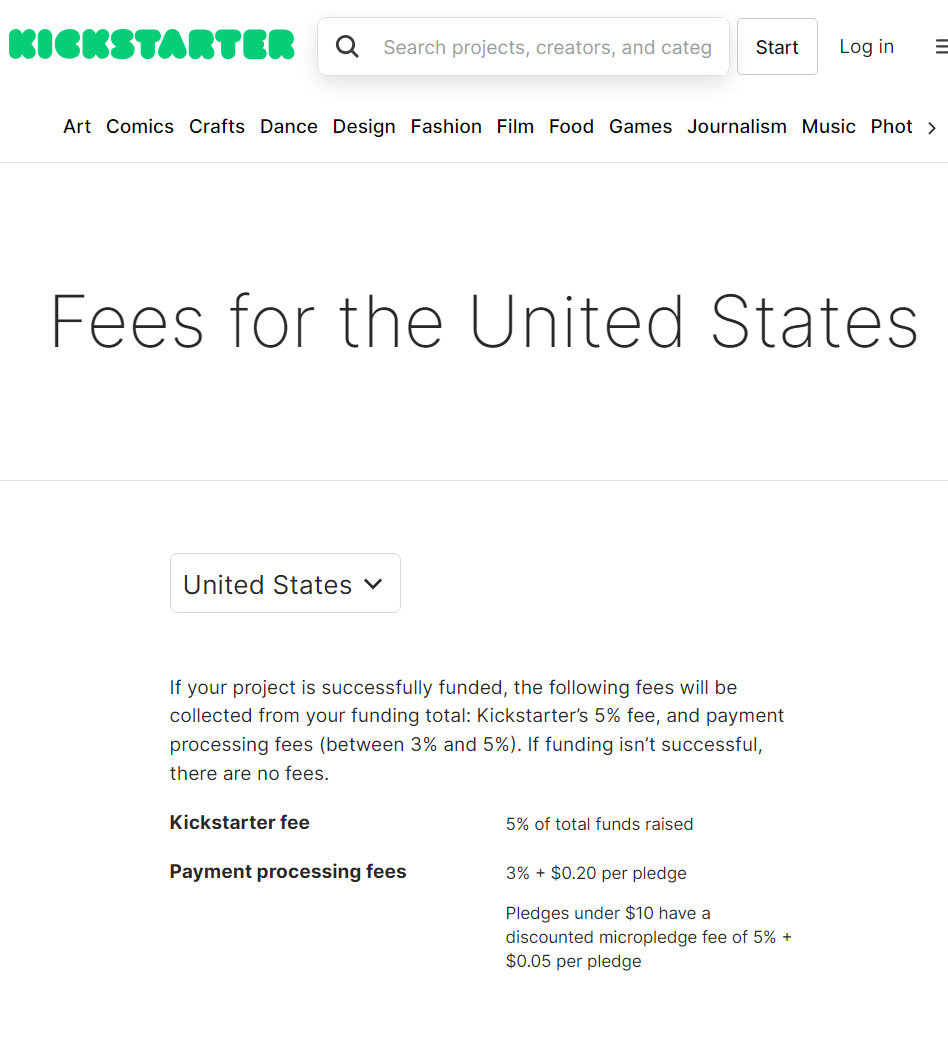
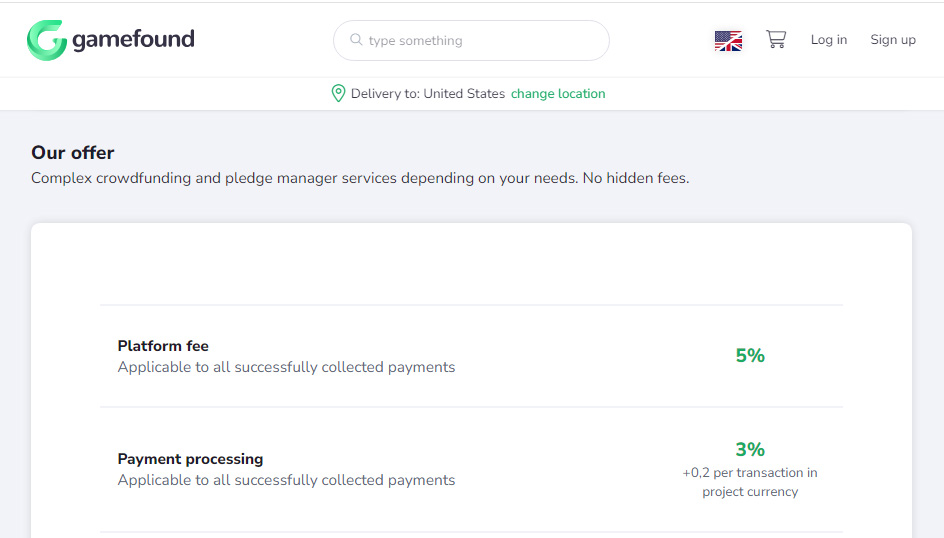
Reach and success rates
Kickstarter wins hands down on the audience reach it can offer you. According to a SimilarWeb analysis, Kickstarter attracts over 20 million potential backers a month looking for projects to fund. Whereas, their analysis of Gamefound traffic is only 3.7 million monthly visitors.
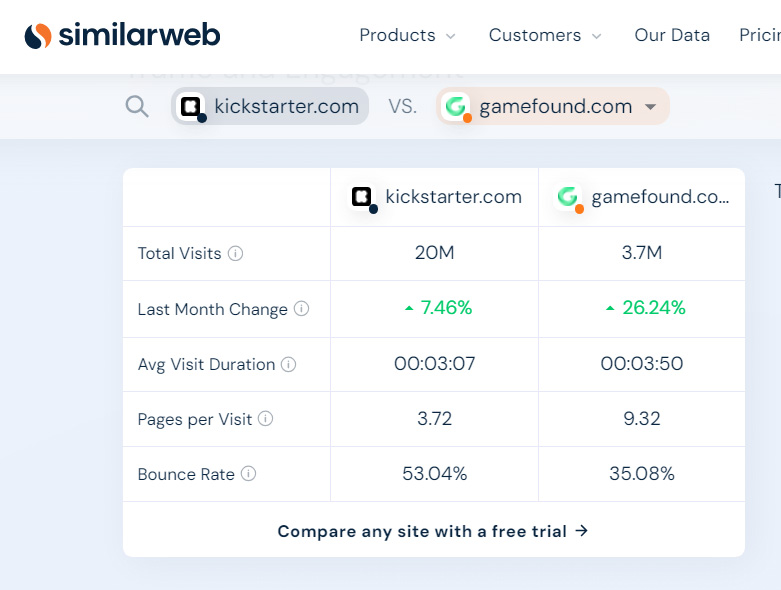
According to Statista, over 40% of projects achieve or exceed their funding goals on Kickstarter. We were unable to find exact published figures for the percentage of successful projects on Gamefound but it is likely to be much lower.
User experience
Whether as a creator or as a funder, the argument rages on in board game forums and subreddits about which of these two platforms offers the best user experience. A quick analysis of the returning arguments on both sides of the camp suggests that on balance it all depends what your needs are. It's commonly agreed that overall Gamefound offers more tools and back-end jiggery-pokery for you to play with as a creator but several game designers and independent board game companies suggest that it's the simplicity and ease-of-use that appeals to them about Kickstarter. And as to what the backers think; well, you've seen the figures. They speak for themselves. Millions more backers choose Kickstarter over Gamefound. And while it's relatively new, it wasn't put up yesterday. At the time of writing, Gamefound has been in business for 8 years and counting. If it was going to seriously challenge Kickstarter, we might have expected it to make a greater inroad by now.
So, it's worth exploring Gamefound and certainly keeping an eye on it as it evolves further. But in the end, as a game designer looking to crowdfund your project, you need to go where the people who are most likely to fund, buy, and play your game are going. For now—and for the foreseeable future—that's unequivocally Kickstarter.
So, the bottom line: Kickstarter vs Gamefound?
We were honest at the start that we think on the whole Kickstarter is still head and neck ahead of Gamefound. And these are the reasons:
- It's been around a lot longer and is really good at what it does
- It has instant brand recognition
- It has an outreach to funders and buyers, which is orders of magnitude greater than Gamefound
- It's the user's first choice
- It is constantly improving its offer for both creators and backers
- It's simpler and more intuitive to use
- It has an average 40% success rate, which is considered high for a Crowdfunder
Obviously, things could change. Gamefound may have secret plans which, once implemented, will alter the current topography of the board game crowdfunding landscape. But for the time being, it's more a case of watch-and-see than changing highways. That said, and in the interests of absolute fairness, we've heard plenty of respectable, successful tabletop gamers and game designers saying how much they love Gamefound. So, while Kickstarter is likely to be the best for the majority, there's a sizeable minority who prefers Gamefound.
In the end, it's your decision and you must make up your own mind. Certainly, we would recommend that you explore both options, and perhaps others besides, before you swing one way or the other. But if you choose Kickstarter and you're looking for a professional offset printing company and games component manufacturer with a global reputation for excellence, the best prices on the planet, and a sincere dedication to personalized customer care, we should talk.
Talk to us!
Whichever platform you choose, it's vital that you get involved in the board game community and play lots of independent games, get to know your audience and potential backers. This is so important because unless you're involved and passionate about board games, it will be tough to find the ideas, energy, and enthusiasm to do all the hard work that's involved in creating a good board game that people want to play and designing and fulfilling a crowdfunding campaign with all that involves. It also makes business sense if you hope to self-publish your game this way. It's the community who will back you and eventually buy your game. It's a no-brainer to be part of that community if you want their support.
If you are still just at the beginning of the design stage, then read, How to Design a Professional Board Game. It's a long-form, in-depth post that covers every aspect of board game design and development. You may want to book mark it and come back to it several times as you work through it. It will save you a lot of money in expensive books and courses, too!
When you're ready to print your board game and manufacture your components, talk to us. If you crowdfund your project through Kickstarter, ask us about our range of special bonuses, discounts, and benefits for clients running Kickstarter campaigns. We've got over 25 years' experience in the industry, helping independent creatives just like you to realize their dreams. It's free to talk and when you're ready we'll give you a no-obligation quote on the work, so that you know upfront exactly what's involved. We can't wait to work with you!


